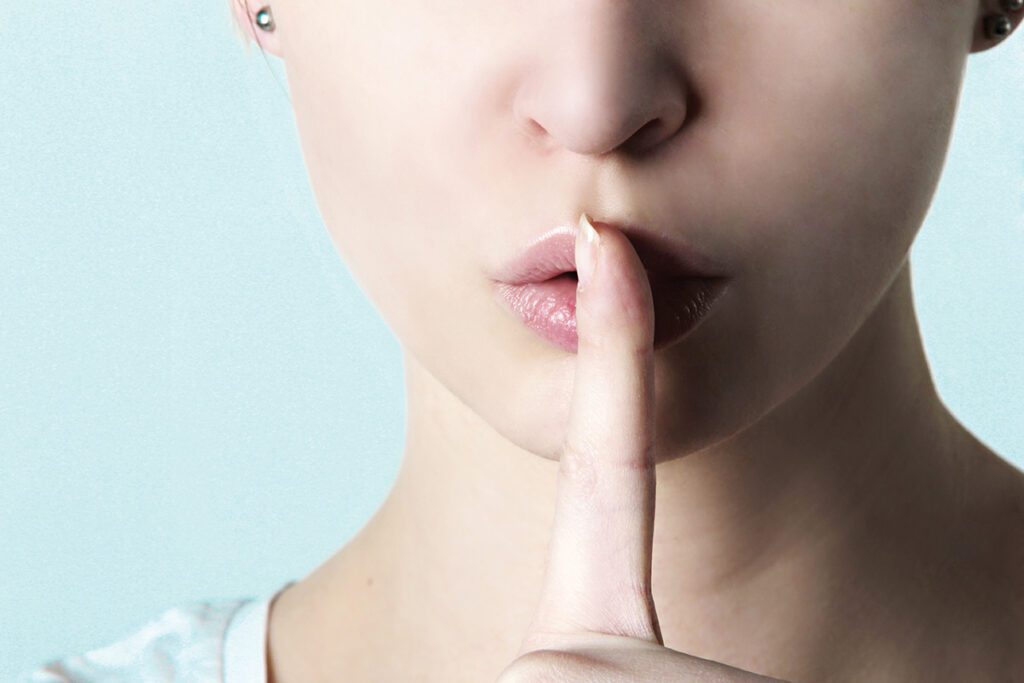Local Hospitals Helping Patients to Rest and Sleep
We live hectic lives filled with noise from audible alarms, phones, cars, planes, barking dogs, and human voices. But things are getting quieter at some medical facilities: They have begun focusing on quiet time as a way of encouraging healing.
At Lake Wales Medical Center, an all-night quiet time began July 1, with a special emphasis on quietness between 10 p.m. and 6 a.m.—to encourage the patients to sleep.
They started the quietness campaign in May with a quiet hour between 3 p.m. and 4 p.m., when patient tests are suspended, voices are hushed, and patient’s lighting is dimmed. “The patients are very receptive to it,” says Brittany Carson, who as head of the hospital’s Patient Satisfaction Committee helped implement the program. “The hospital does not shut down. We still continue to do blood draws if we need to.”
Initially, they considered earplugs to mask the sound, but Carson says that would just be a band-aid. “We needed to change the culture here,” she explains.
At Bartow Regional Medical Center, the staff has become stricter about enforcing visiting hours and has quit buffering the floors at night, says Interim Chief Nurse Executive Cathi Champino. “The heavy duty work on the floor is done in the daytime, so the evening times are a lot quieter now,” she says.
They also try to give private rooms whenever possible and keep staff voice levels lower in the middle of the night. “I definitely think it helps. The more rest they can get the better—their outcome will be better. We’re here to facilitate that.”
Lakeland Regional Medical Center encourages a “culture of quiet” by dimming lights, closing patient doors, turning off phone ringers, keeping voice levels down, repairing noisy equipment, keeping hall conversations to a minimum, limiting paging, and playing soothing music to mask the other noise, says Katy Martin, a communications specialist.
A good night’s sleep is important to everyone’s health. “When we’re sick, because we’re fighting the illness, we tend not to sleep the right way,” says Dr. Jesse Romeu-Velez, who specializes in sleep medicine and pulmonology at the Winter Haven-based Bond Clinic. So noise, and all interruptions to our sleep, can rob us of an important stage of sleep known as Rapid Eye Movement (REM). When a patient is hospitalized, “it’s a catch-22,” he says.
Adults should have 20 to 25 percent of their daily seven to eight hours sleep in the REM stage, Dr. Velez says. It should be divided into four or five episodes. If we don’t get it—which is quite likely when our sleep is disturbed—we may feel tired the next day, even when we are well. “When we’re tired, we’re not able to heal as quickly,” says Dr. Velez, who curtails stimulants and diuretics after 3 p.m. to help with sleeping problems.
A number of treatments can help the problem sleeper, he observes, including medication, behavioral changes like removing that bedroom clock, and equipment for sleep apnea sufferers.
CREDITS
story by CHERYL ROGERS
